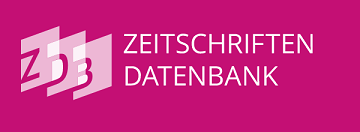Coordinated TSO and DSO network development plan on the islands of Cres and Lošinj
DOI:
https://doi.org/10.37798/201867374Keywords:
(N-1) criteria, TSO/DSO alternatives and cooperation, high-temperature low-sag conductors, CBAAbstract
The paper presents an example of coordinated transmission and distribution network planning based on analyses conducted as part of the study on long term distribution network development plan for islands of Cres and Lošinj in Croatia. The observed area of two large and several smaller islands is supplied with electricity by one long radial 110 kV TSO owned line and parallel radial 35 kV DSO owned line. Due to transmission capacity of 35 kV line limited to 40% of the area peak demand, which is highly conditioned by tourism, the (N-1) criteria is not complied with in case of unavailability of 110 kV line during the two-month period in summer high season. Construction of the second 110 kV line as a common solution is extremely costly, due to necessity of laying down several kilometres of submarine cables. The paper provides the cost benefit analyses of this basic scenario and other possible alternative scenarios, including also investments in DSO network, to determine the most cost-effective solution. Due to the values of the demands and networks lengths, the presented example is close to a worst case scenario concerning the reliability of supply requirement, requesting thus some atypical distribution network analyses, elements and even conducted field tests of operation. The results clearly show that coordination of TSO and DSO planning is beneficiary concerning efficiency of investments in the networks. However, further analyses are recommended presuming contribution to satisfying the (N-1) criteria by use of non-traditional (“non-network” or “third party”) solutions.












